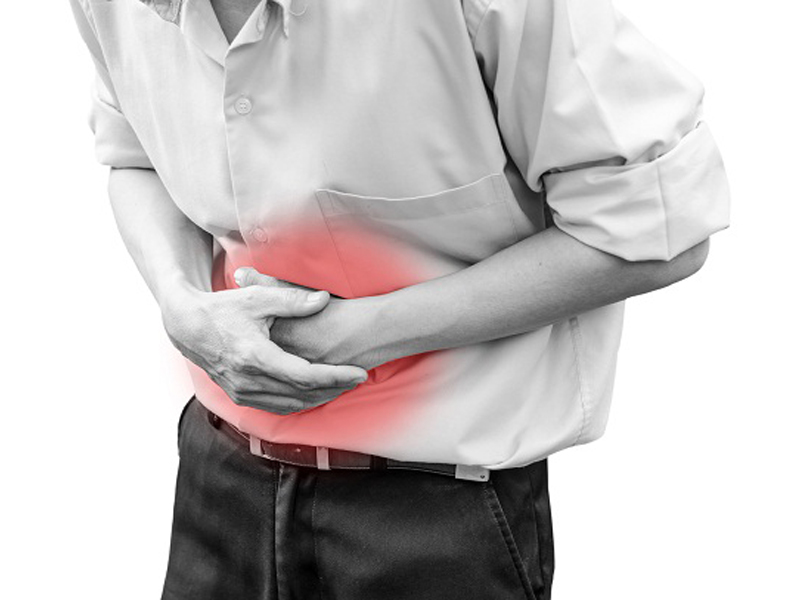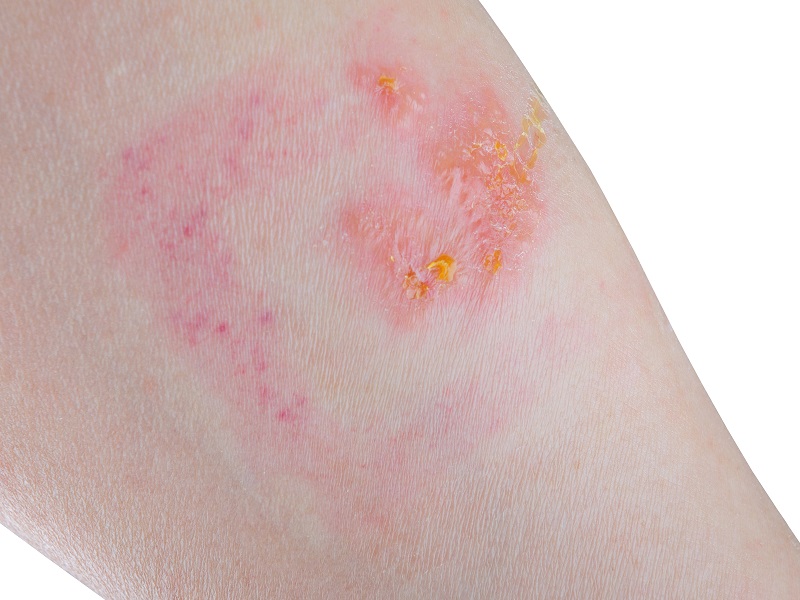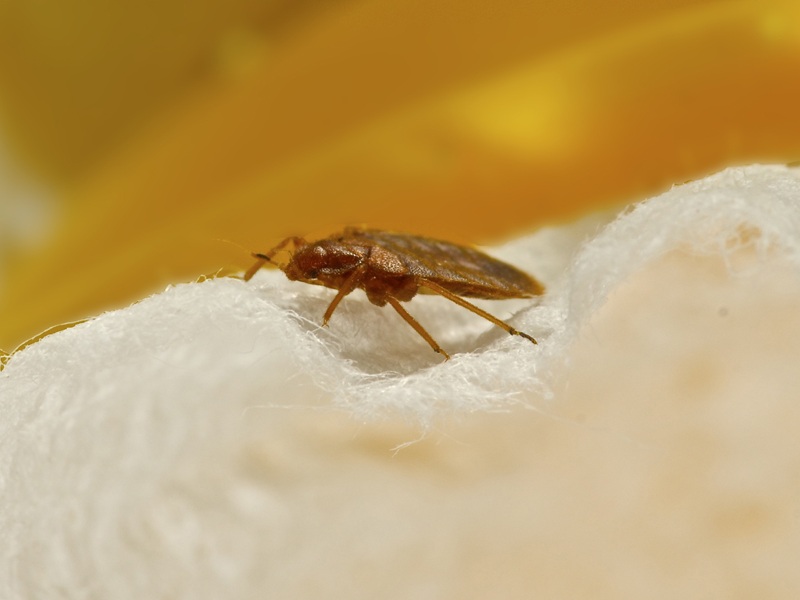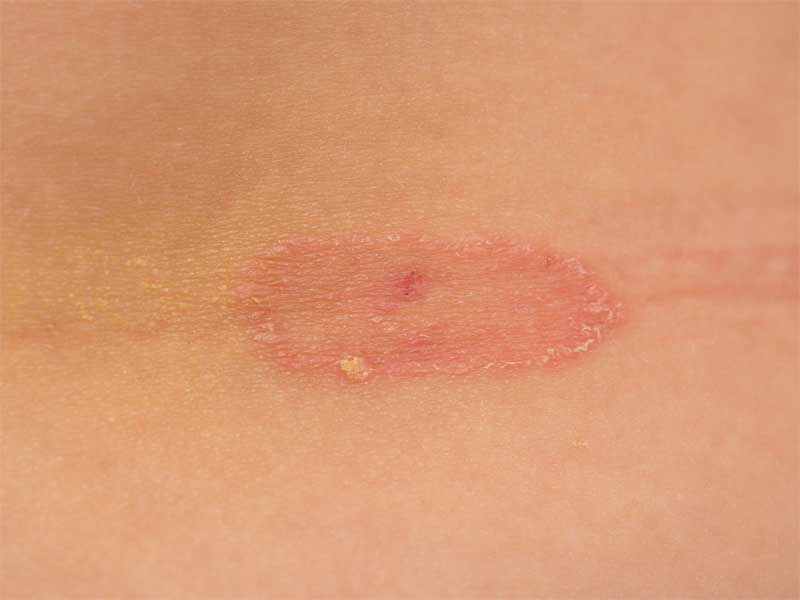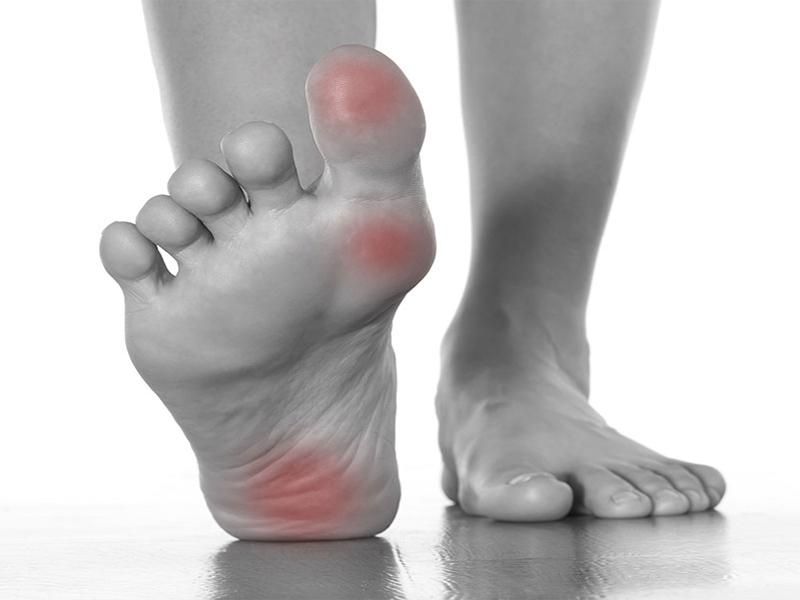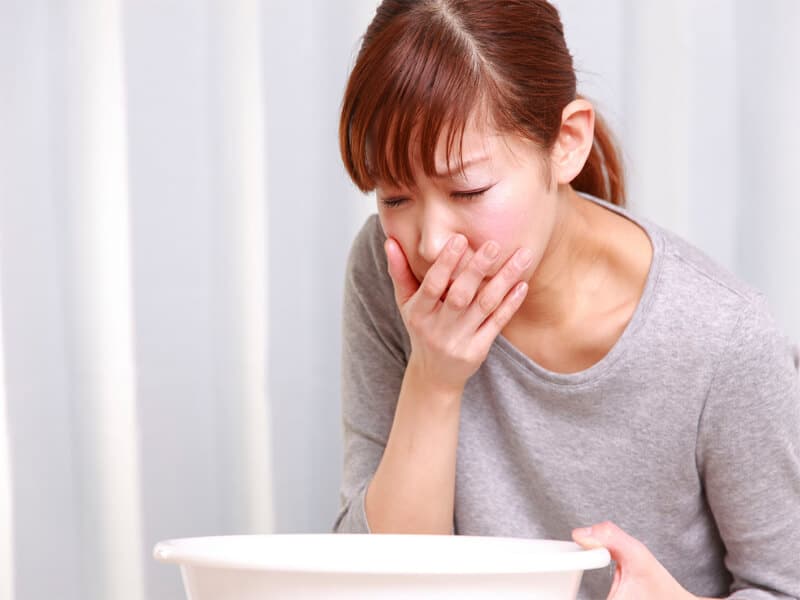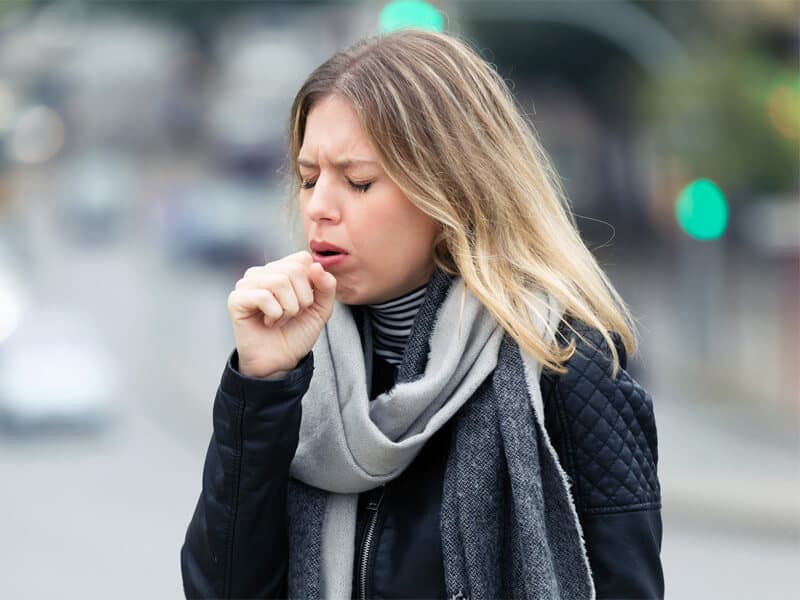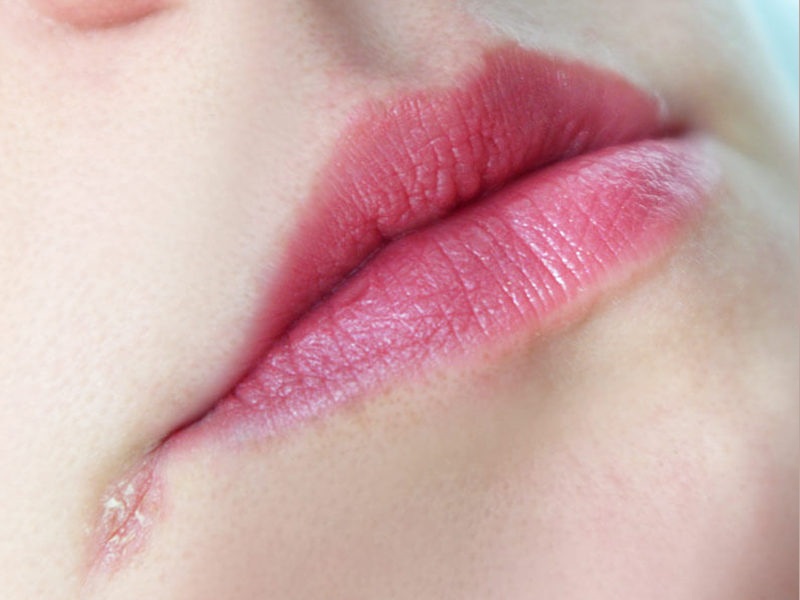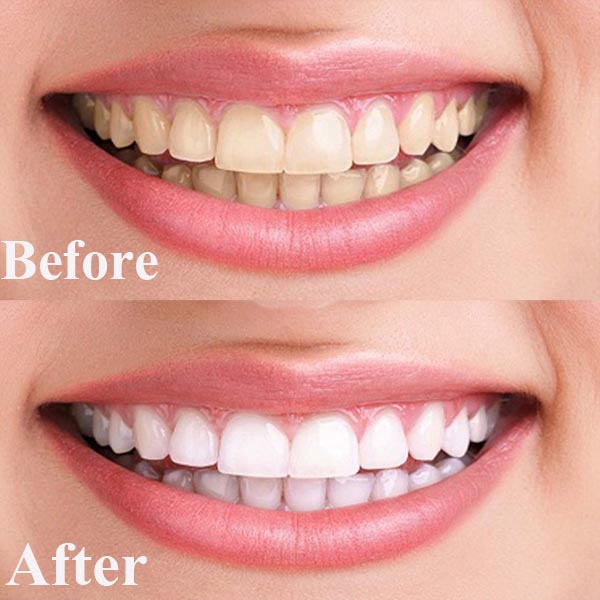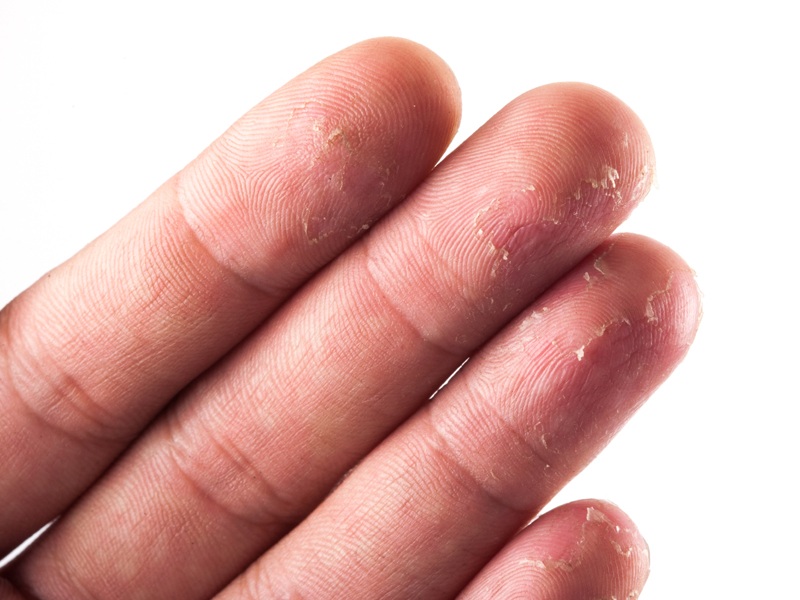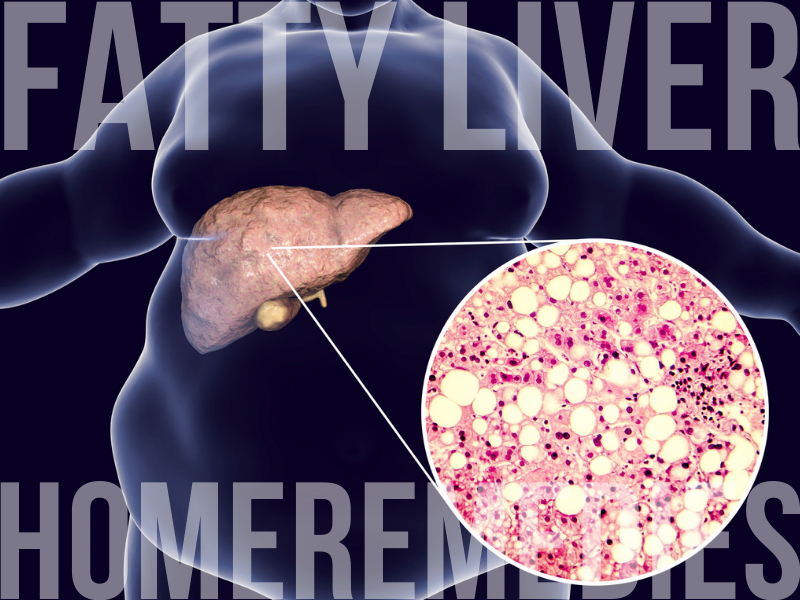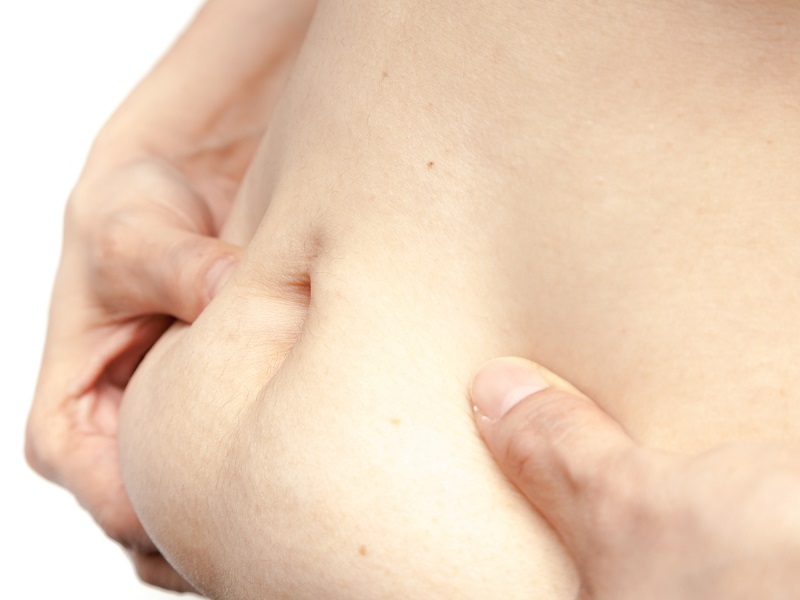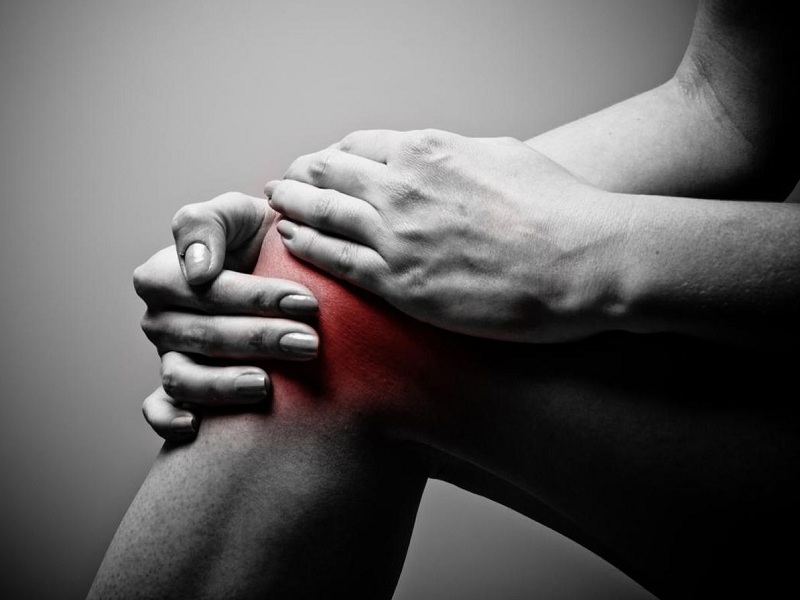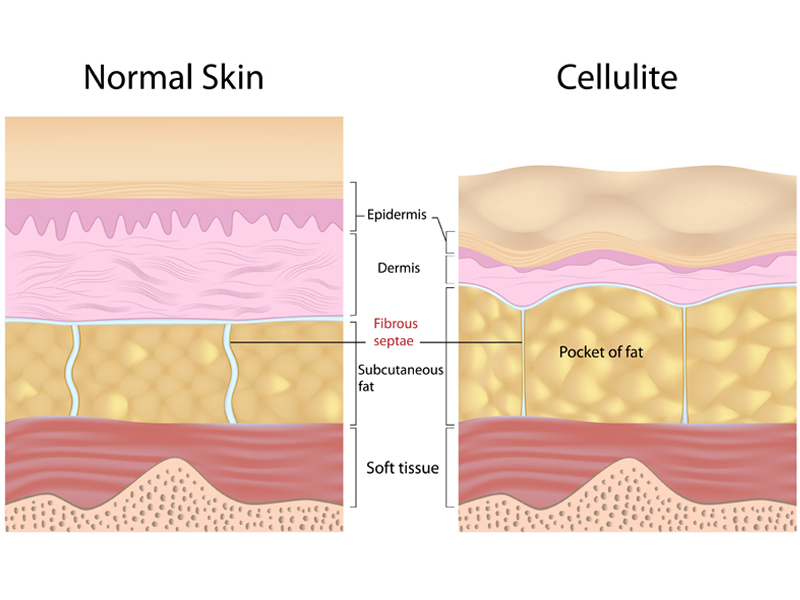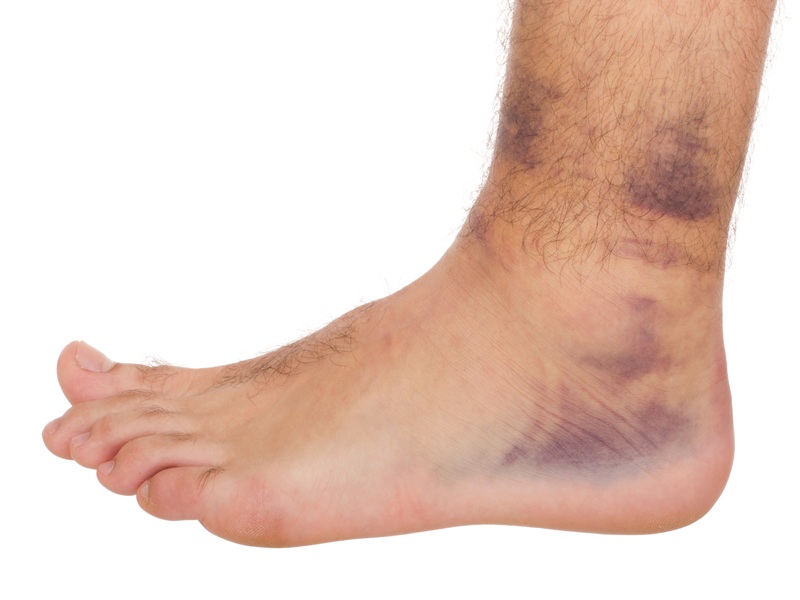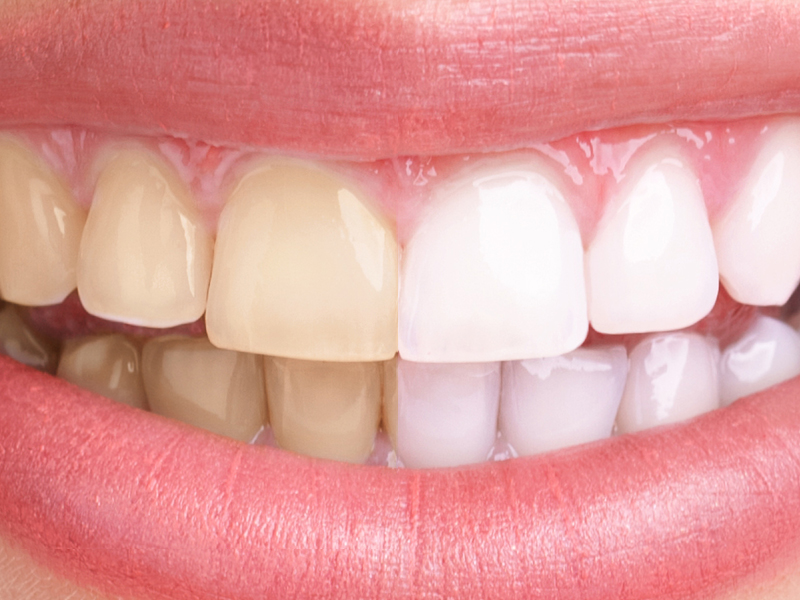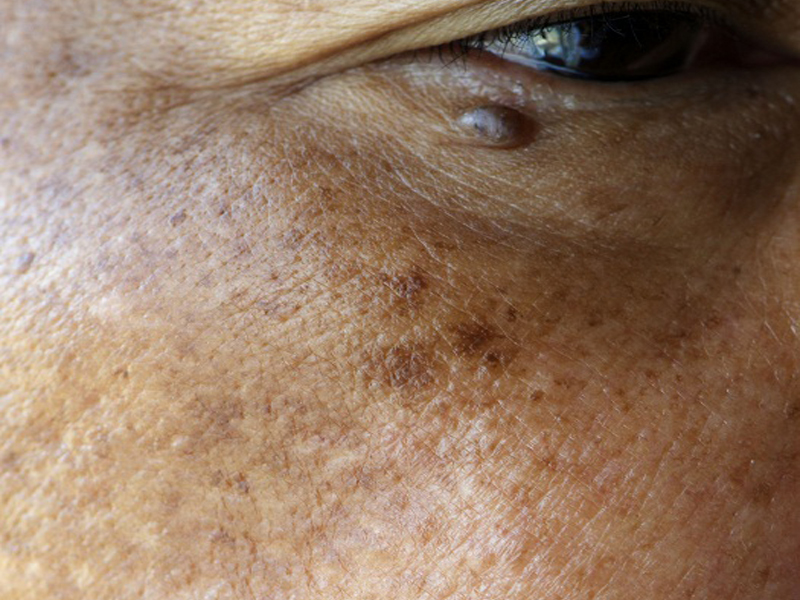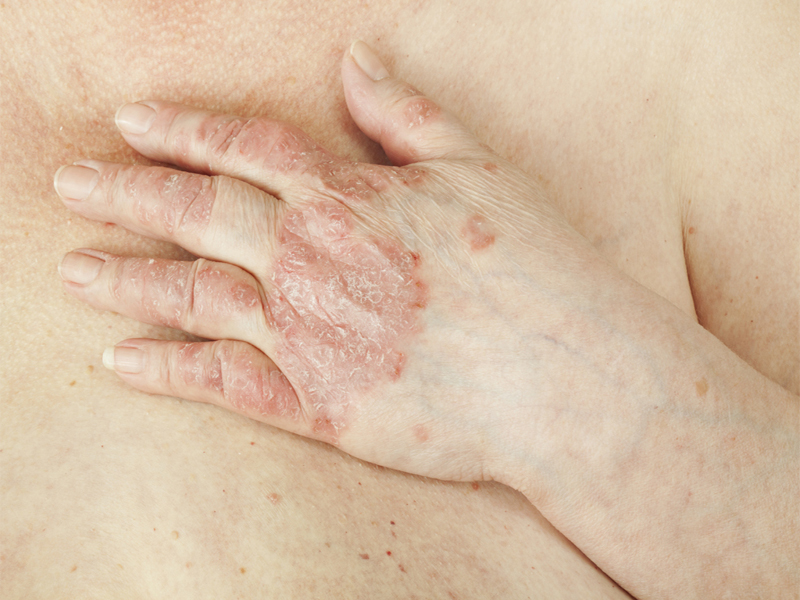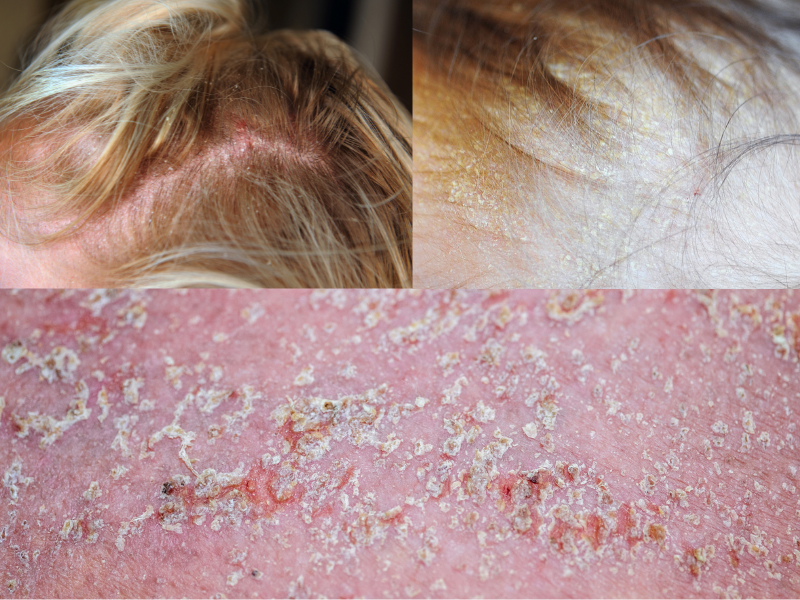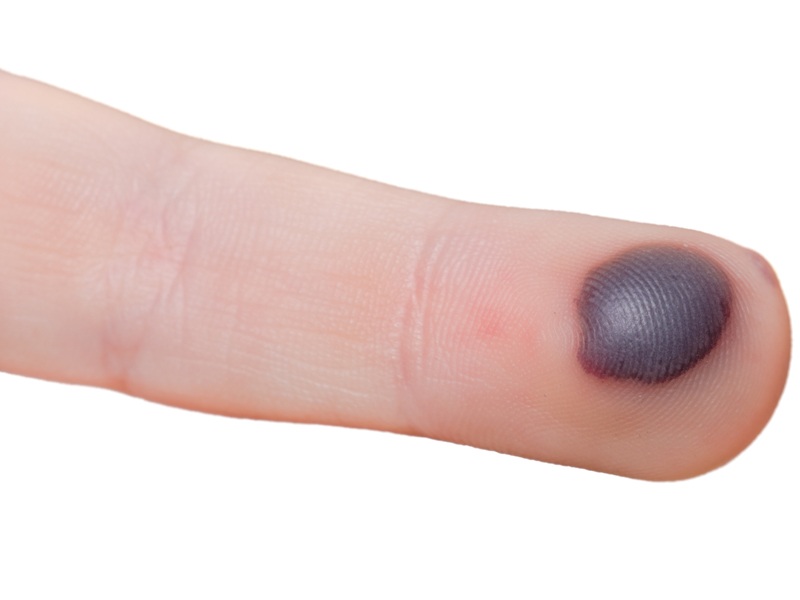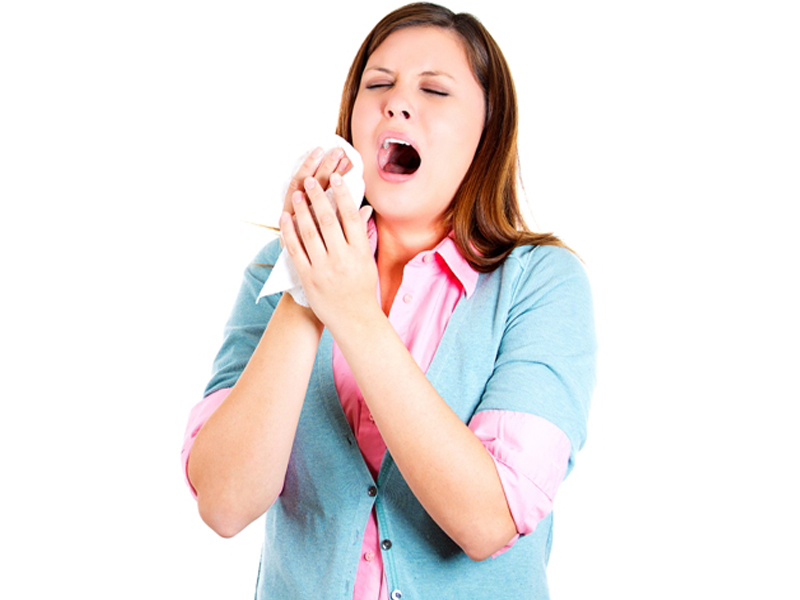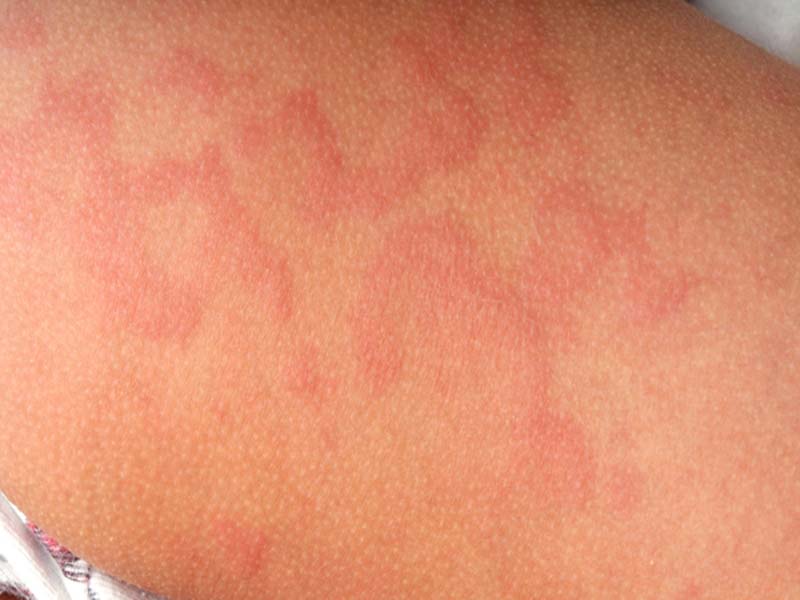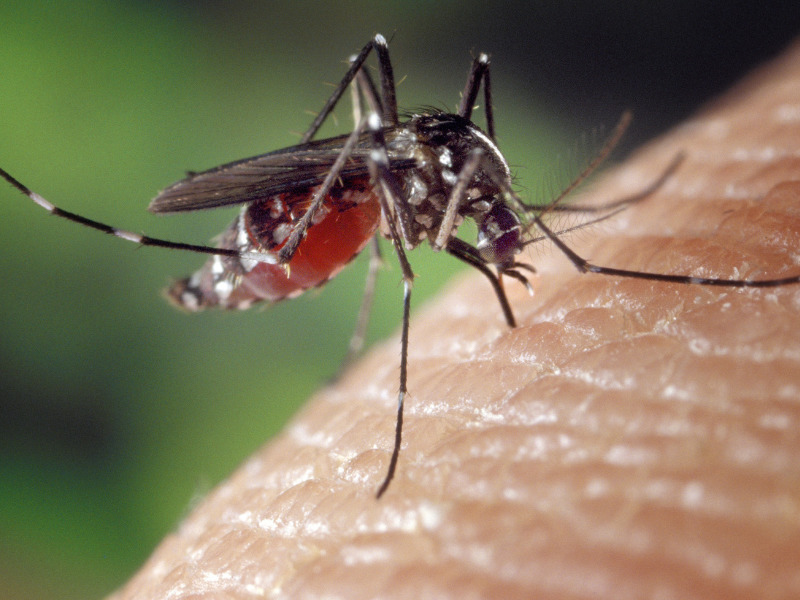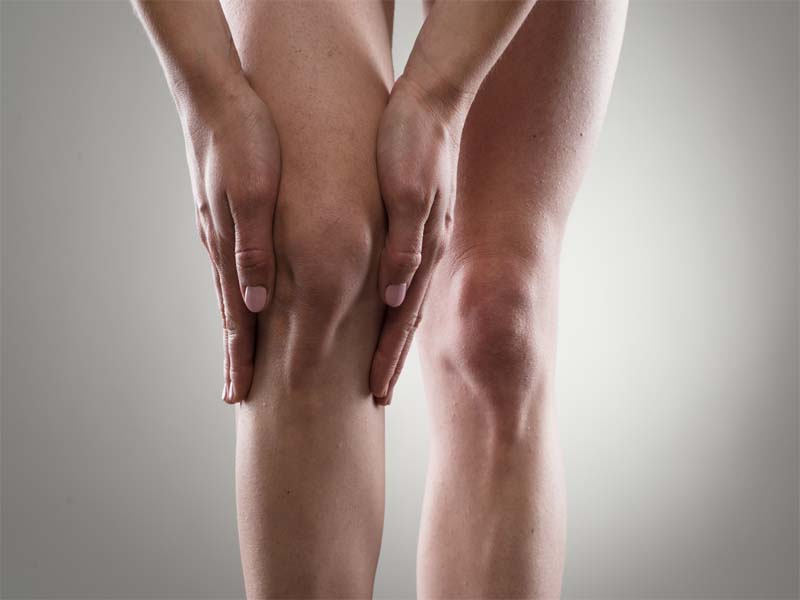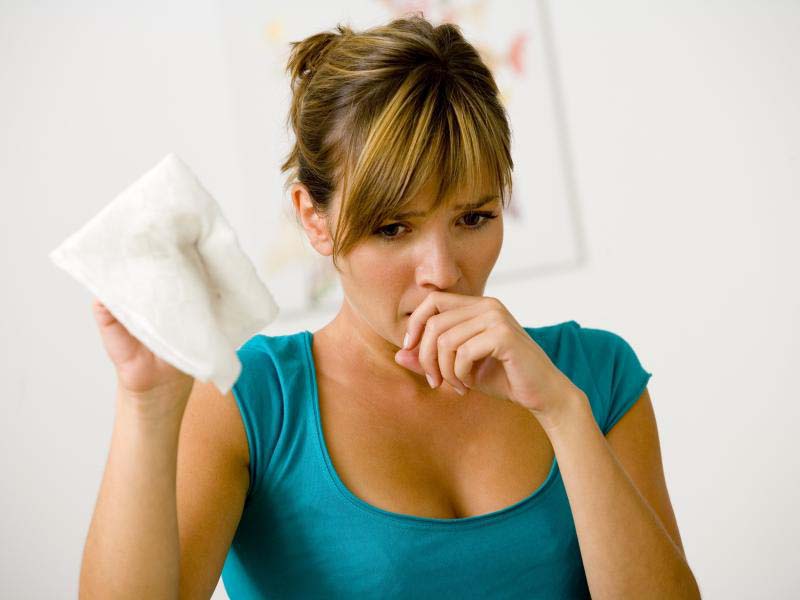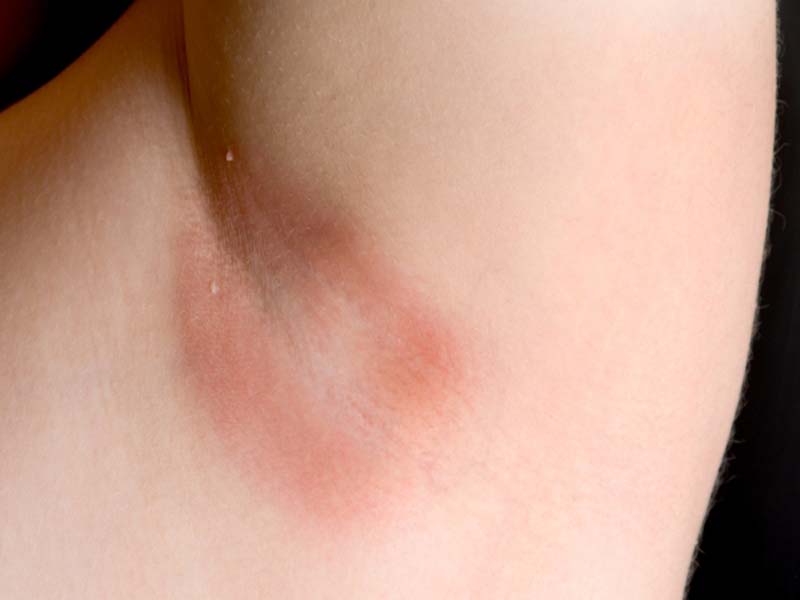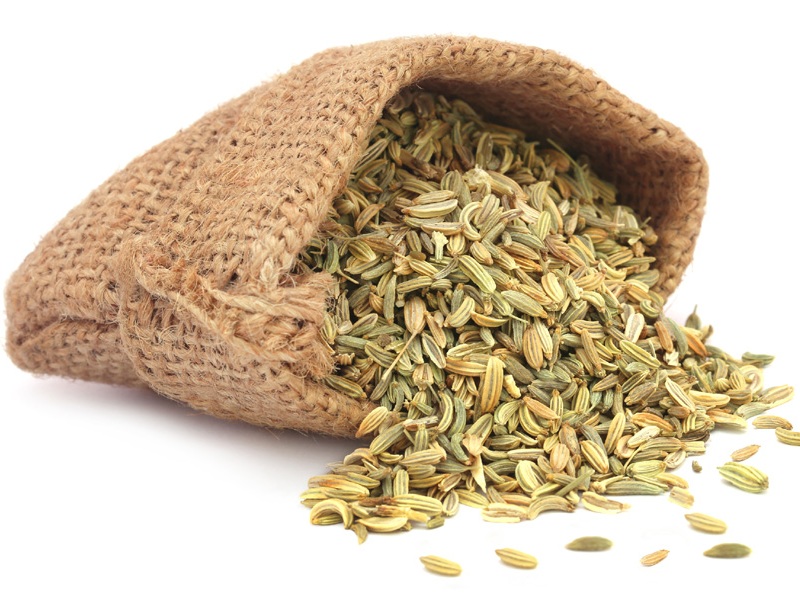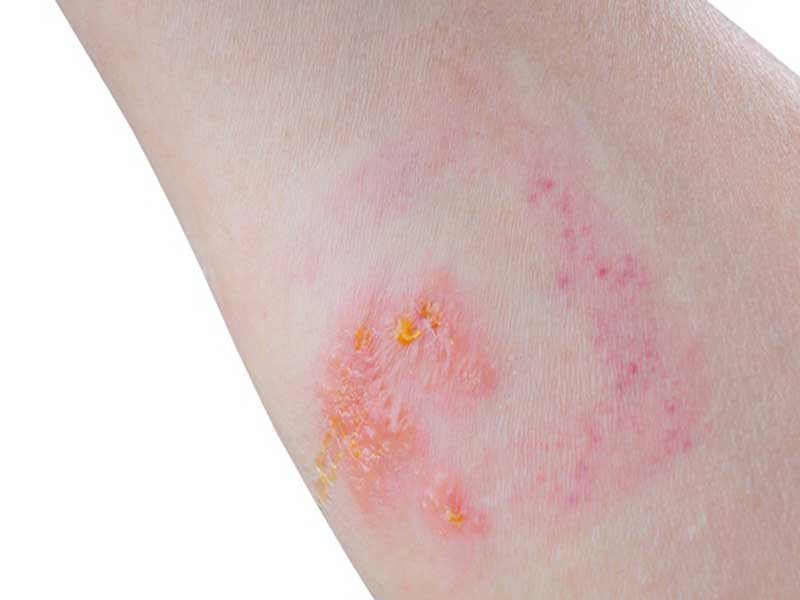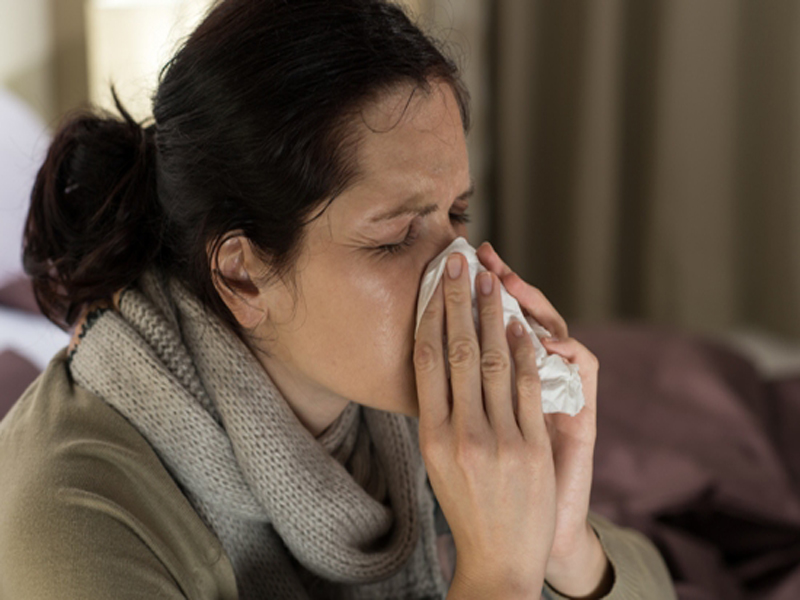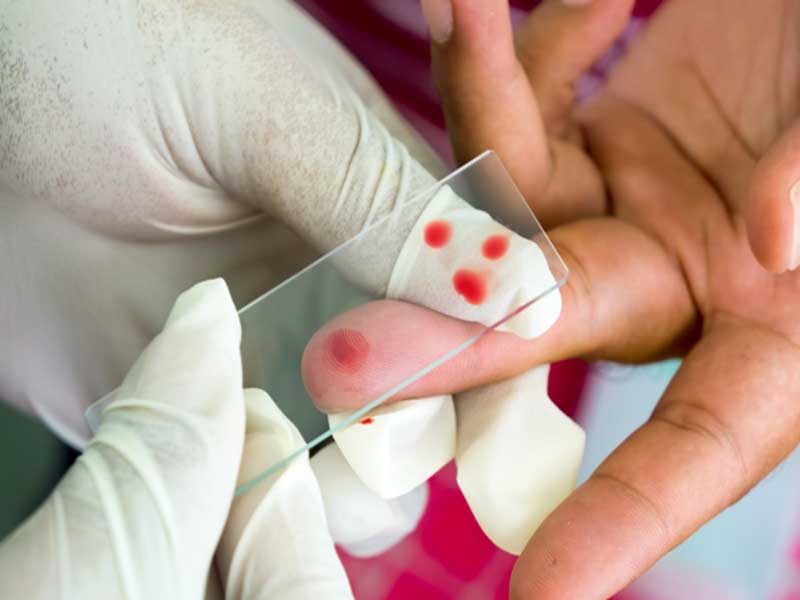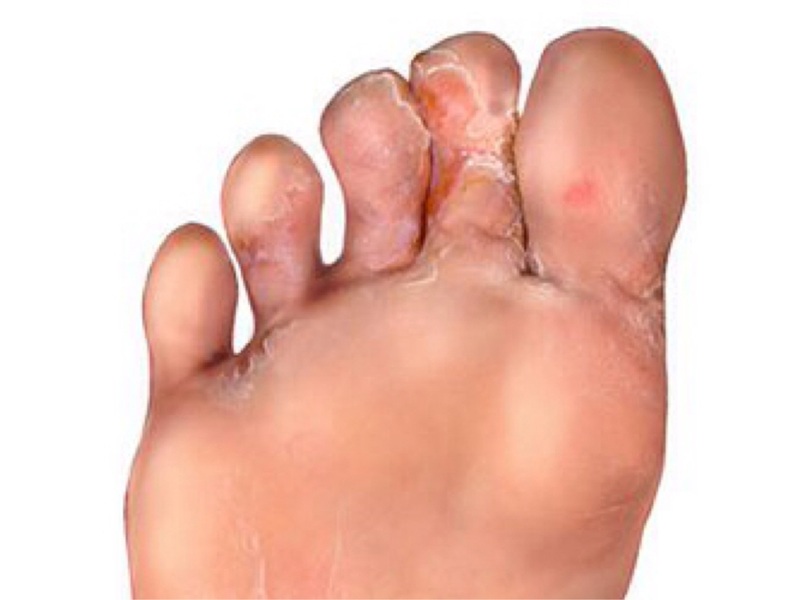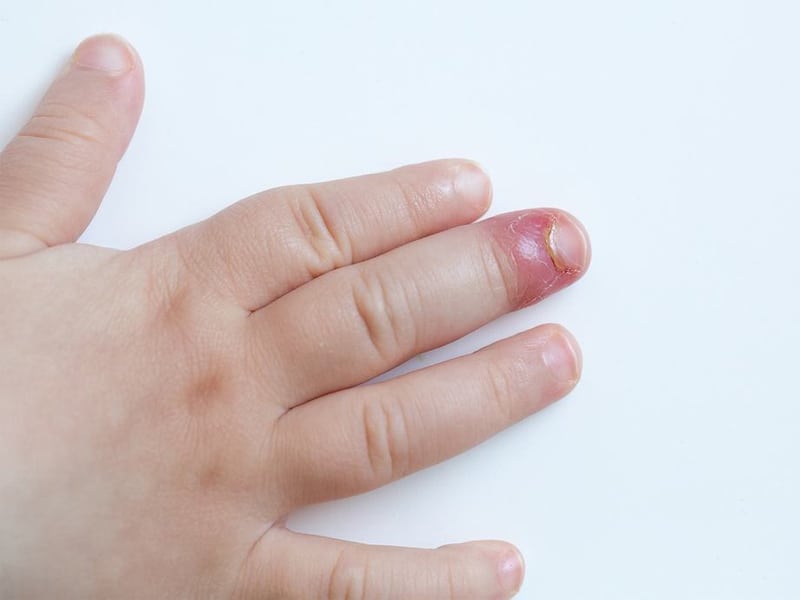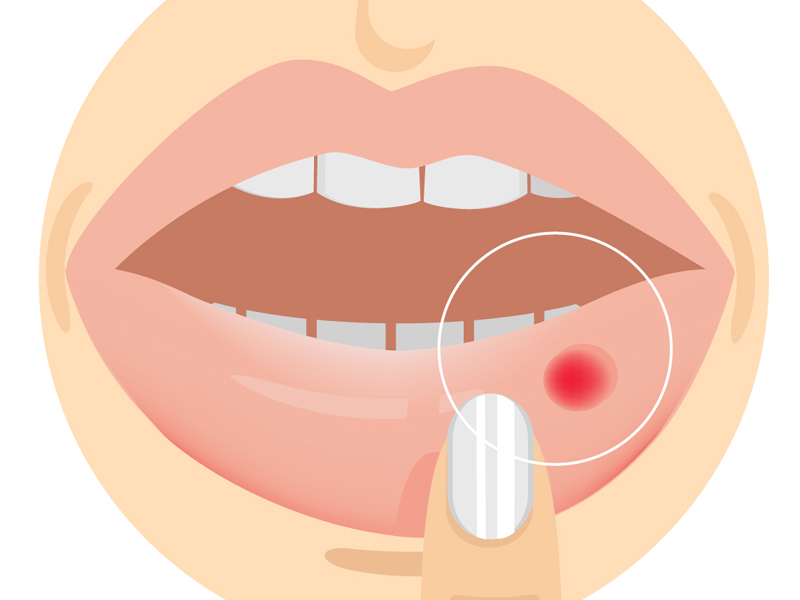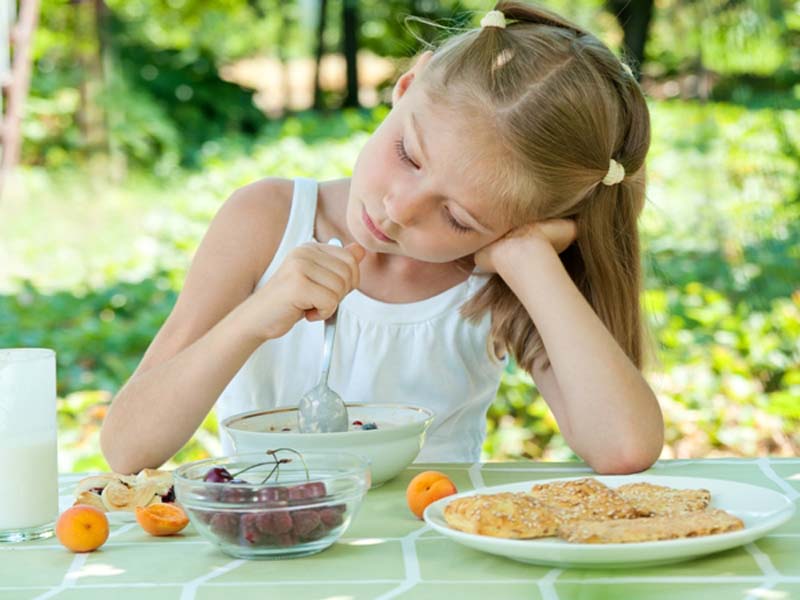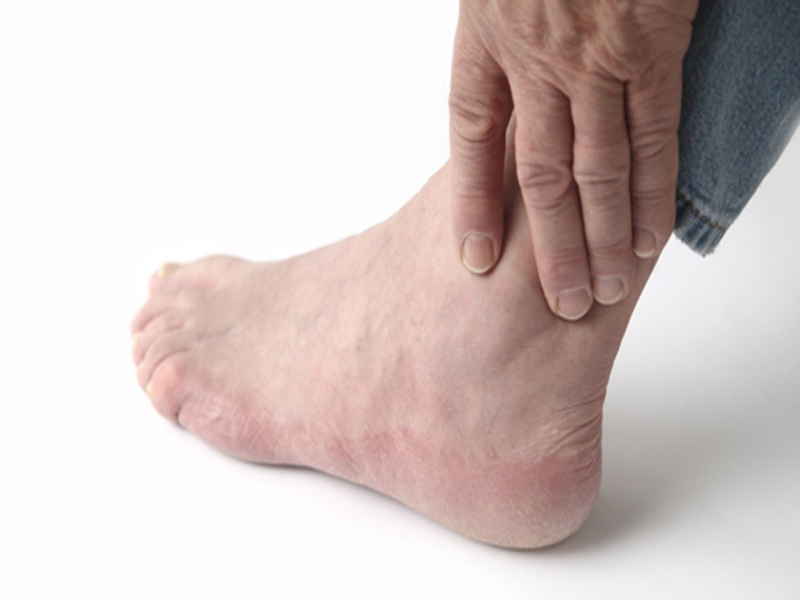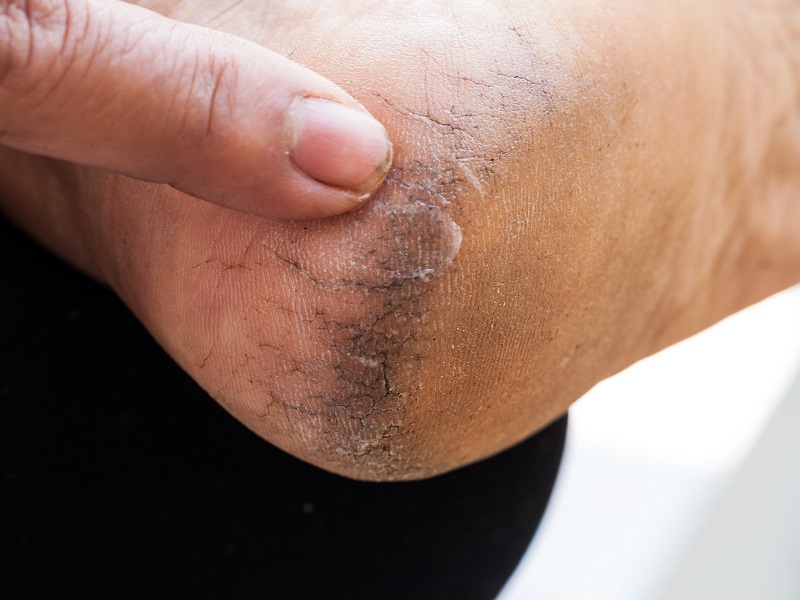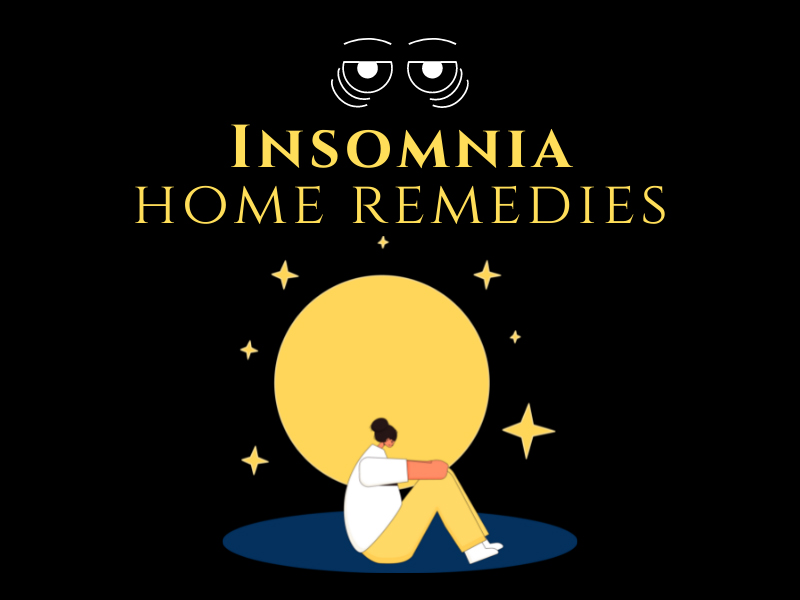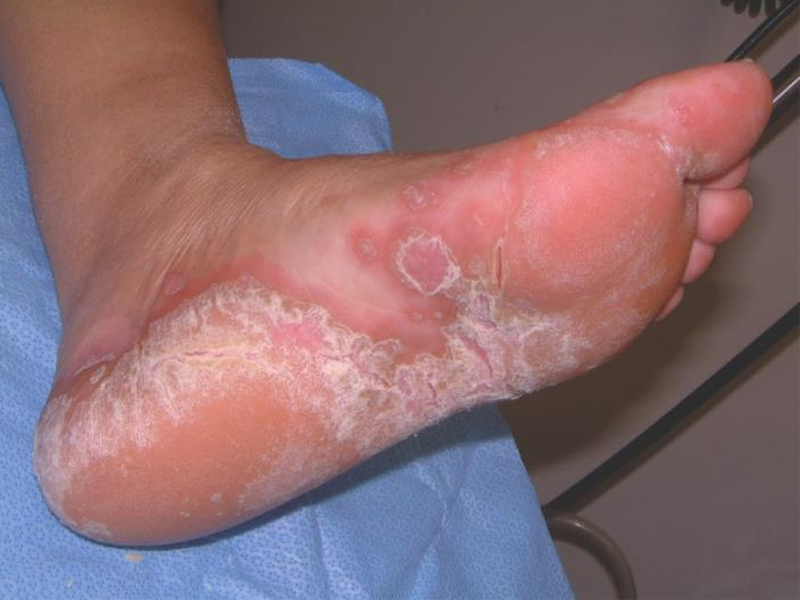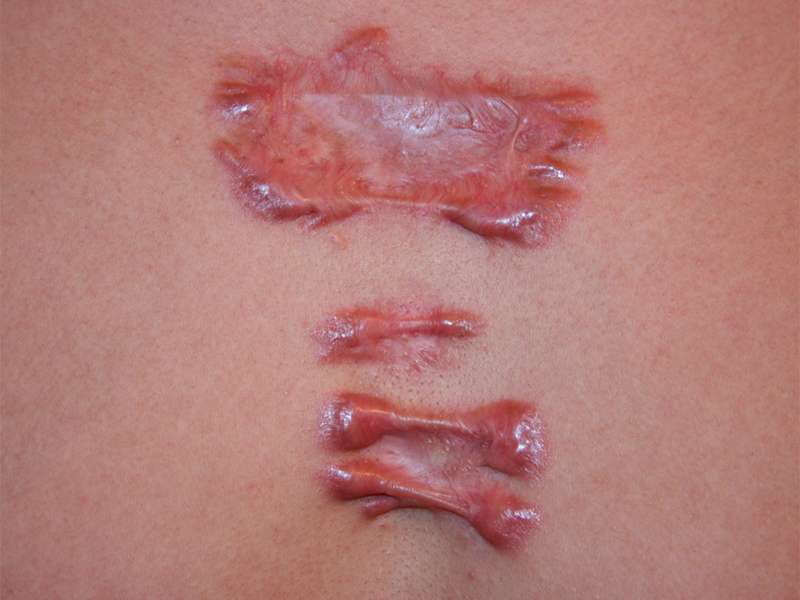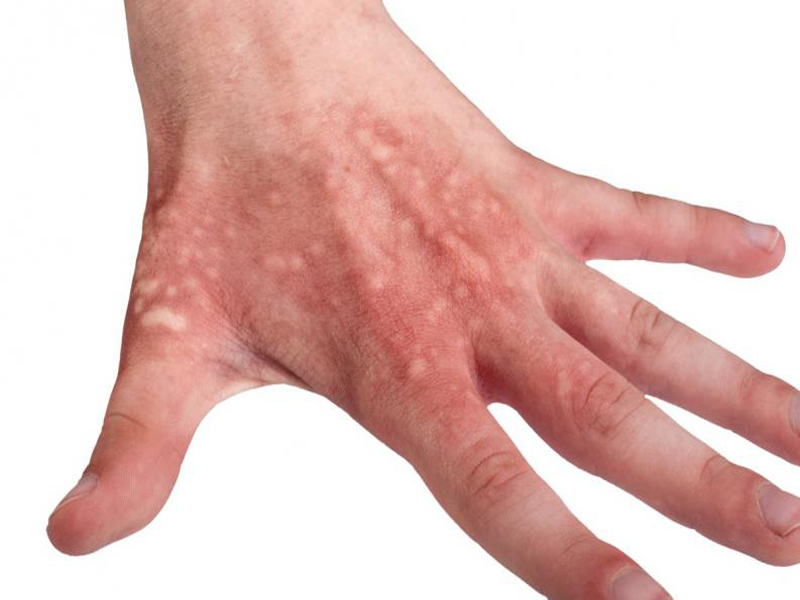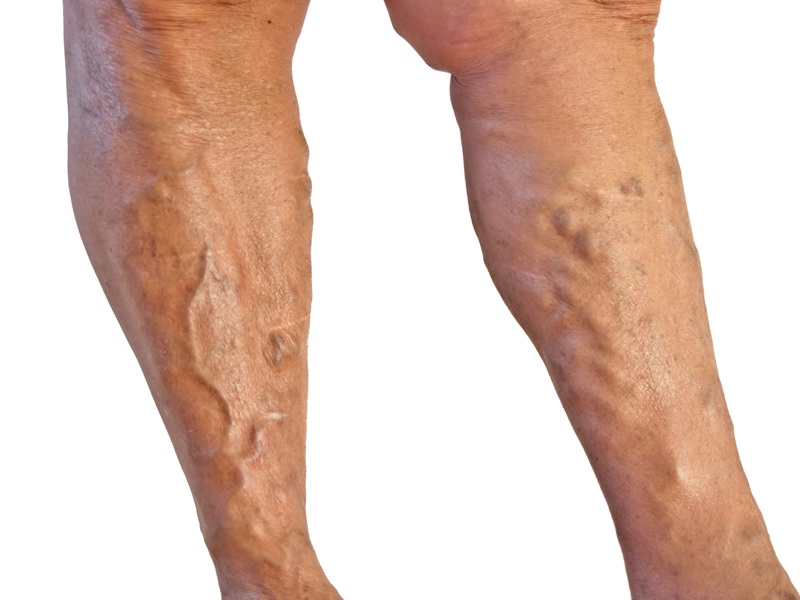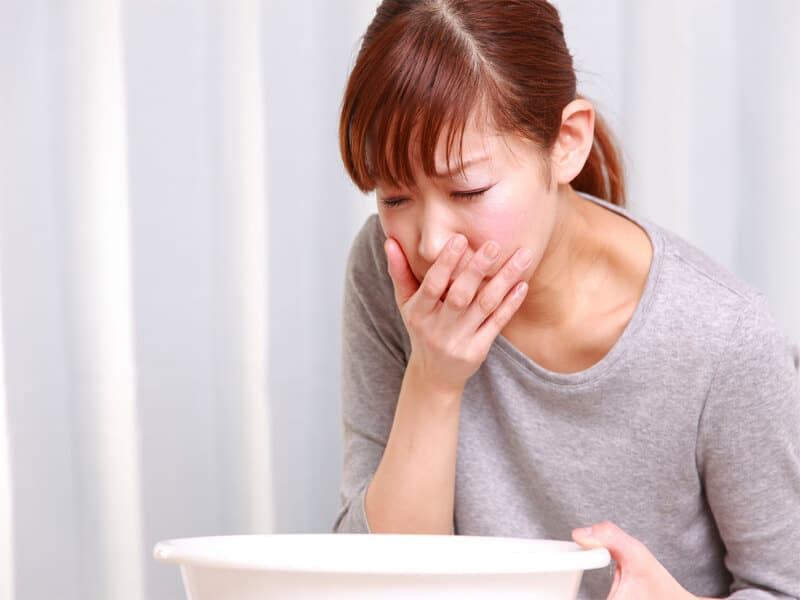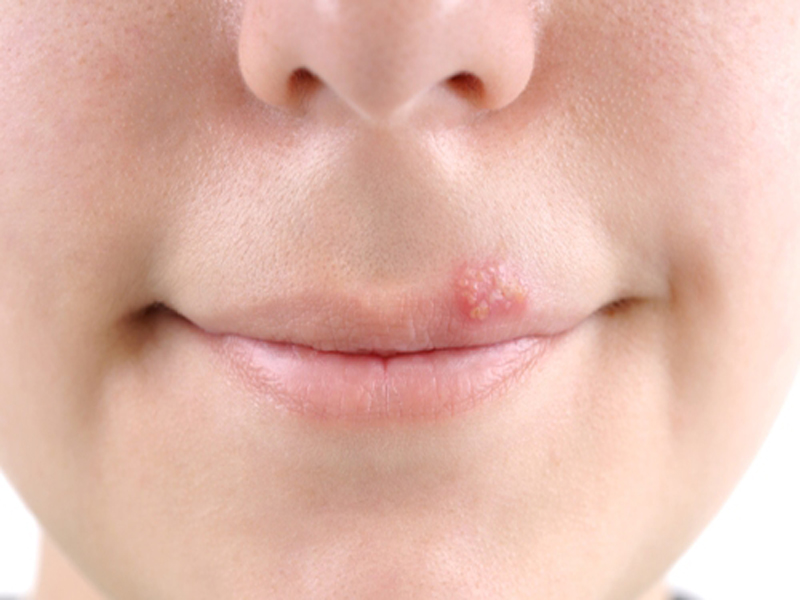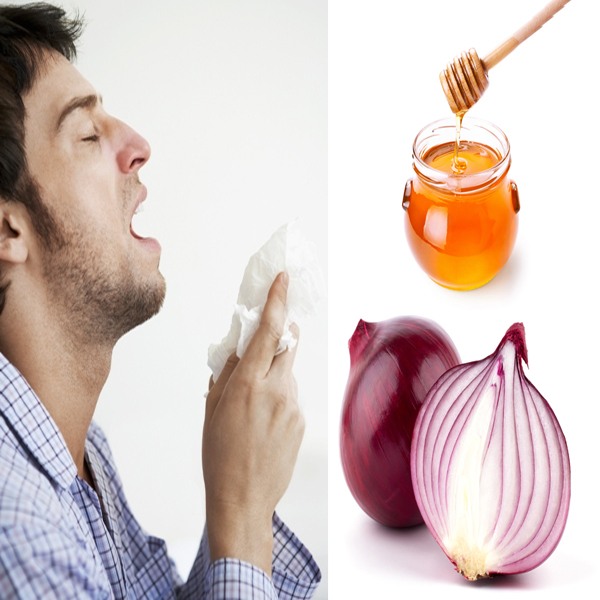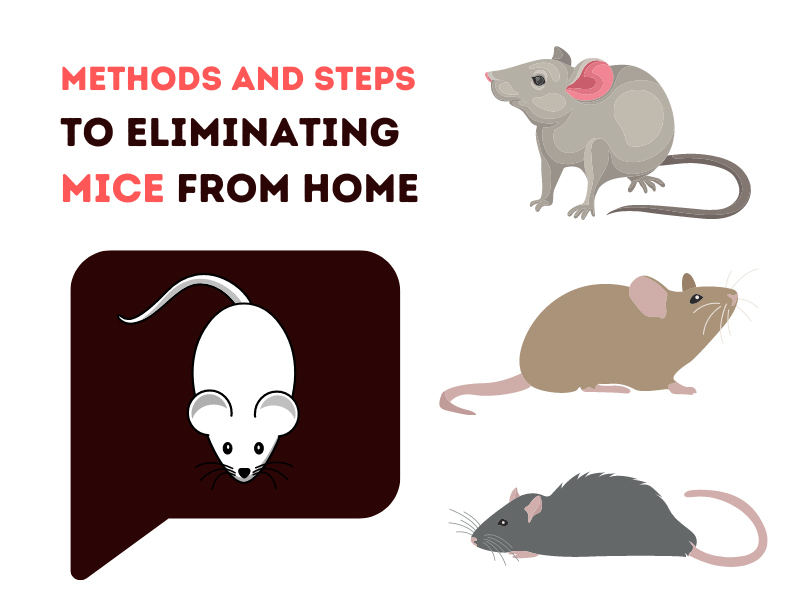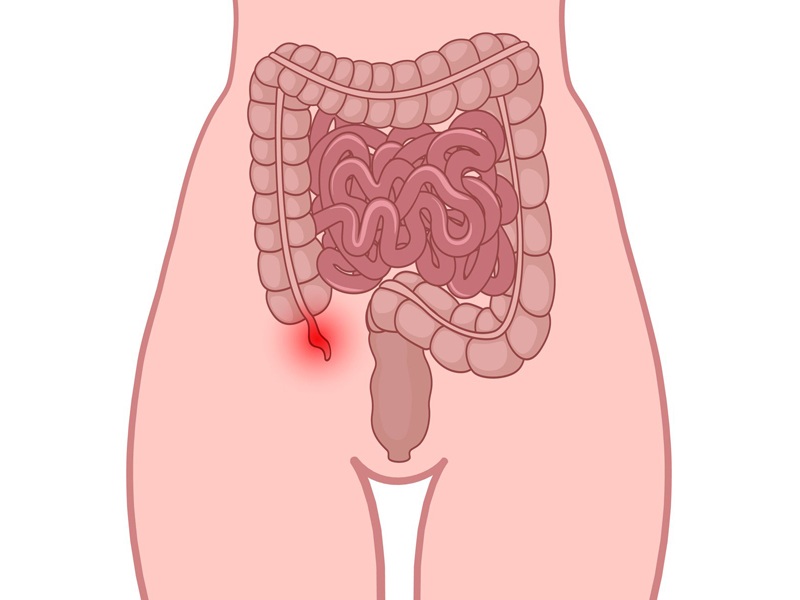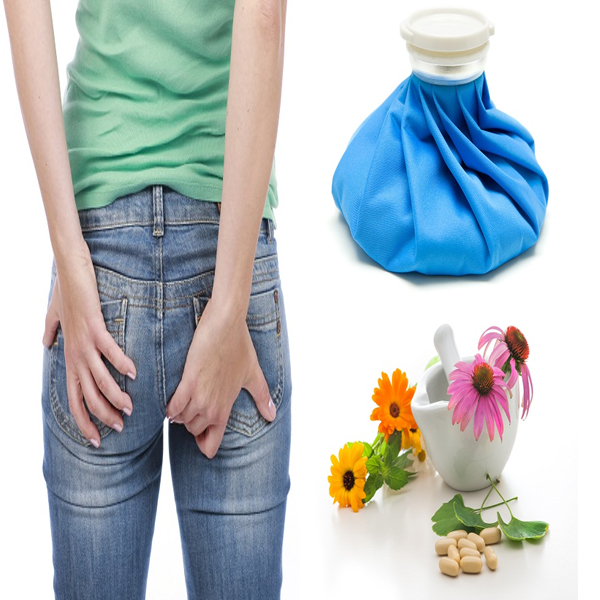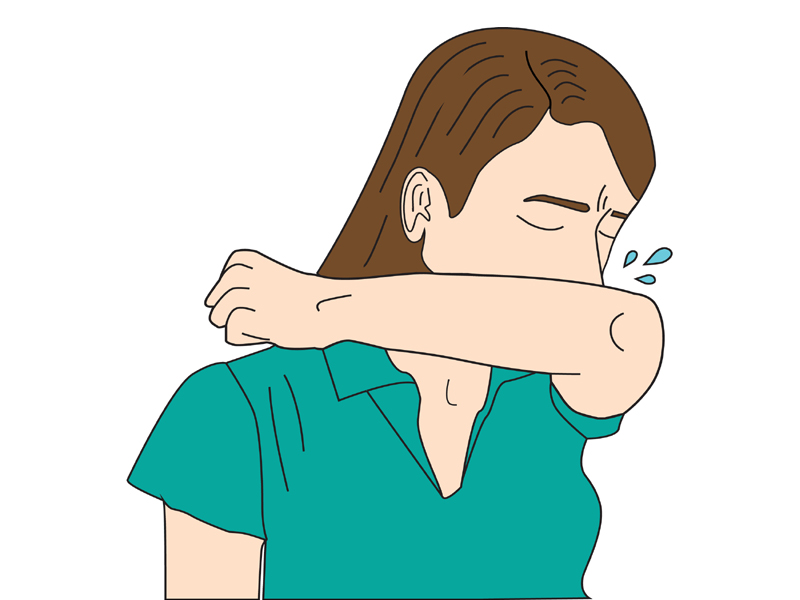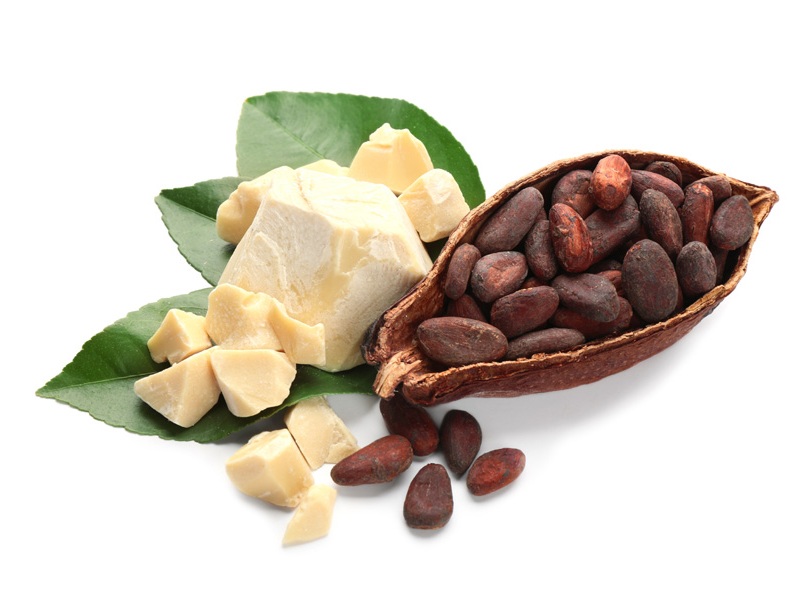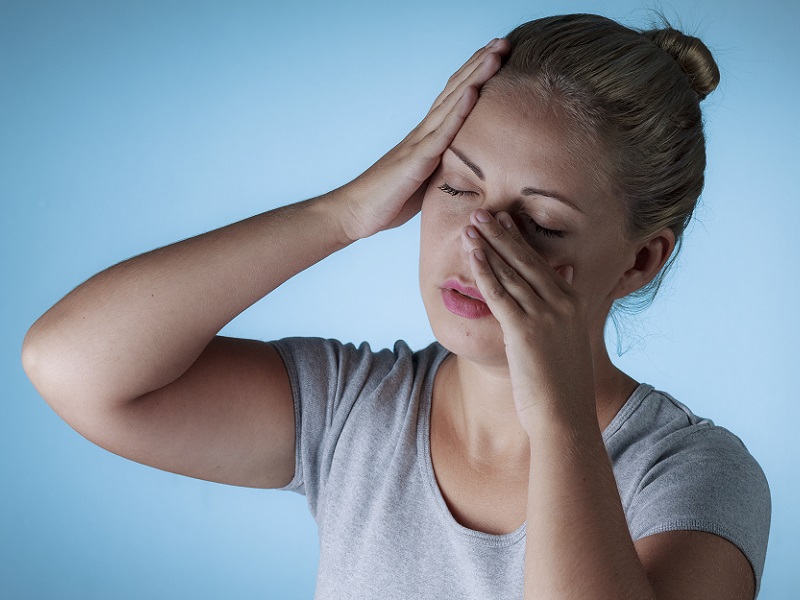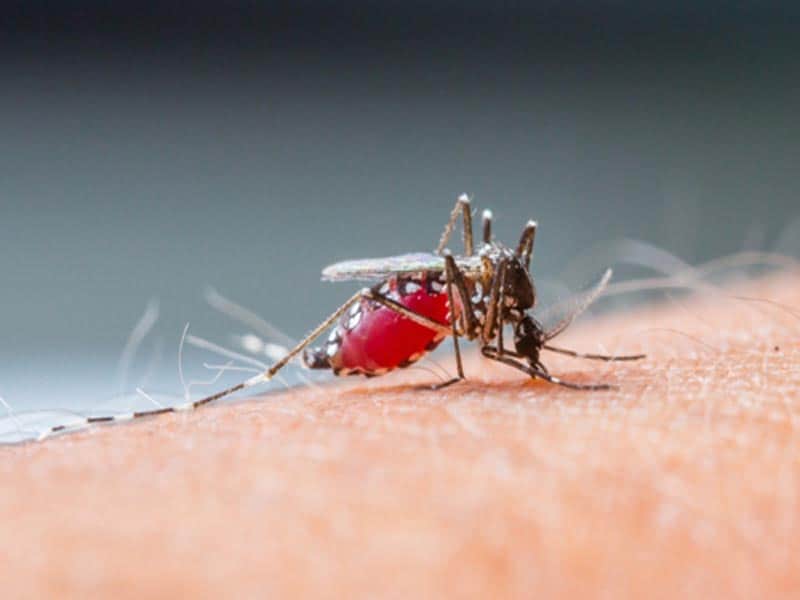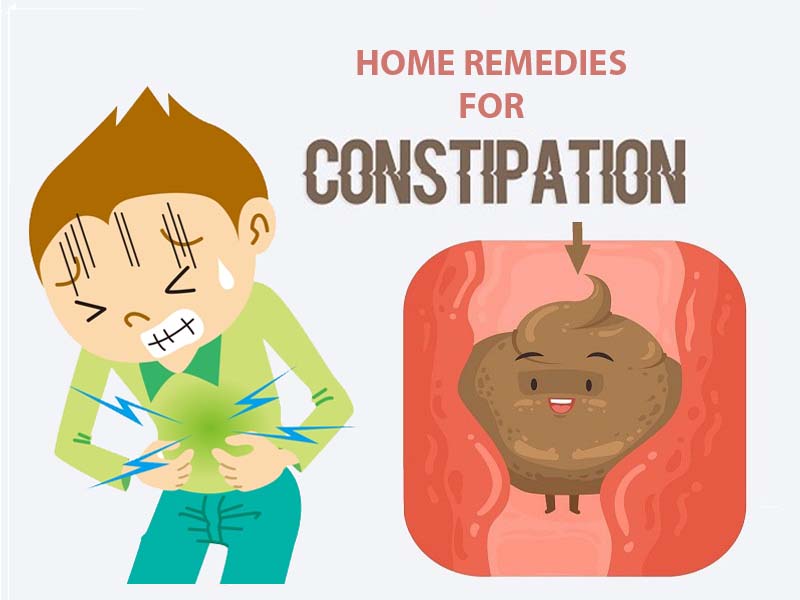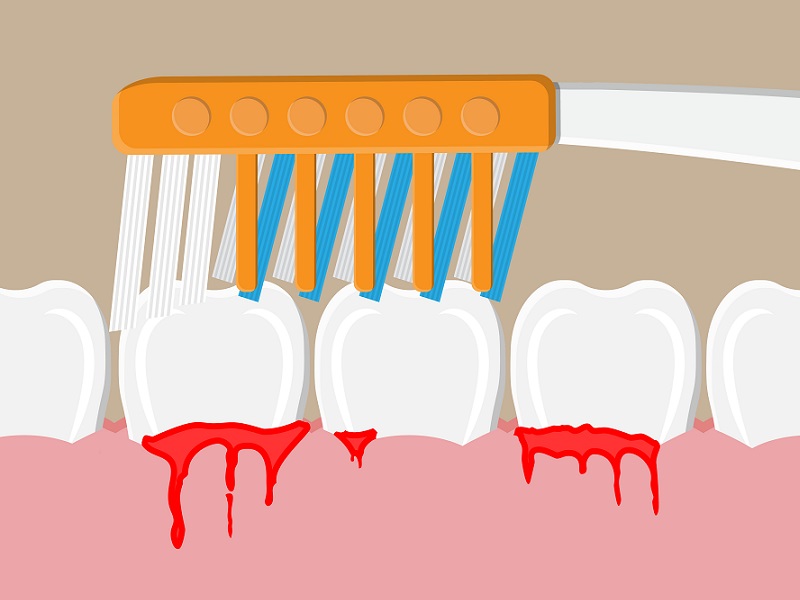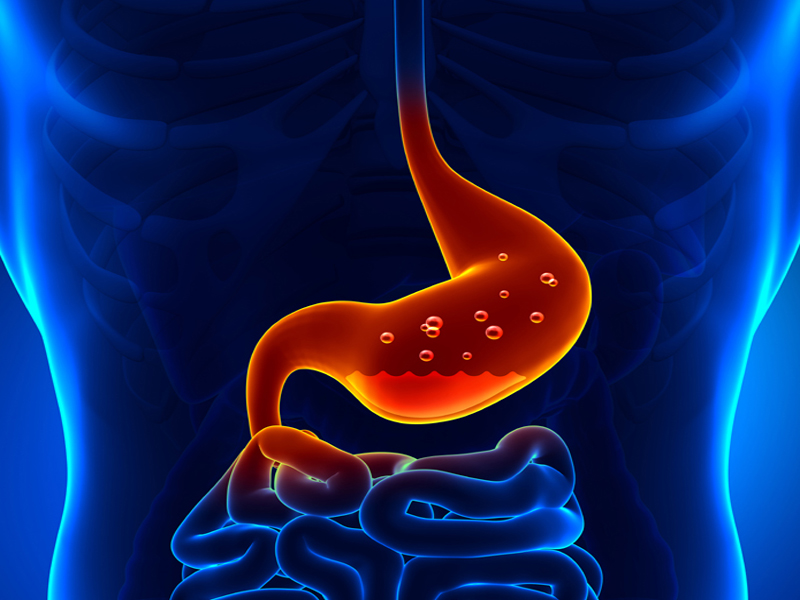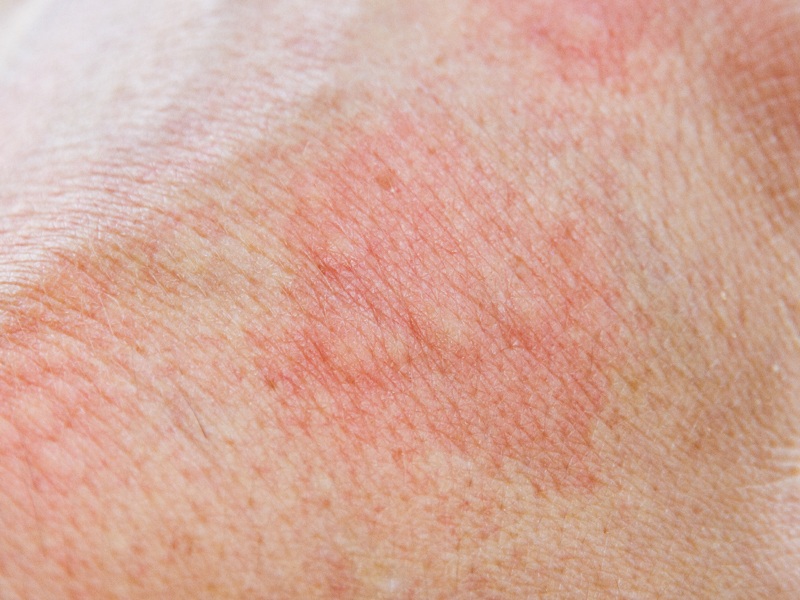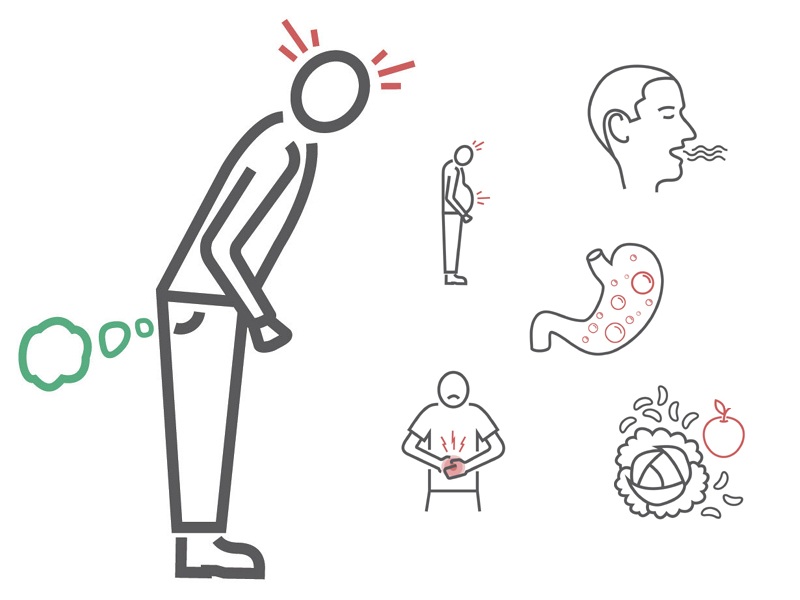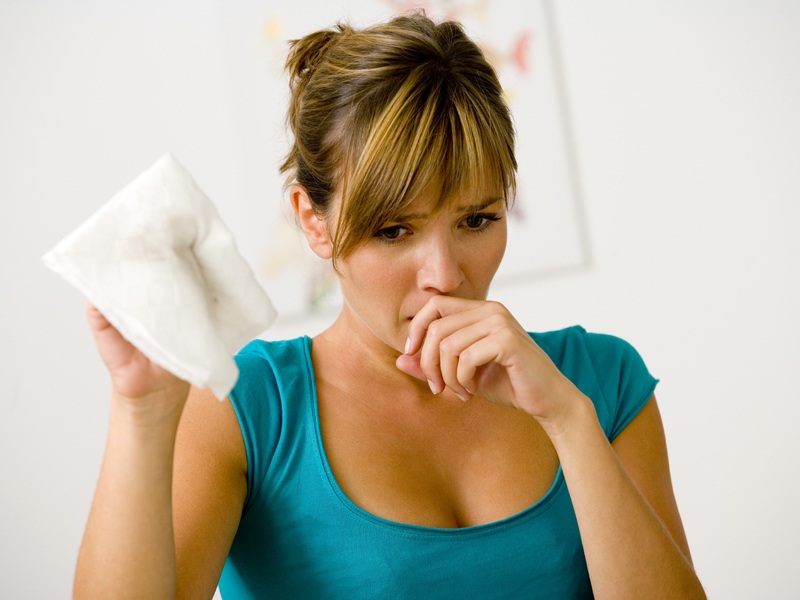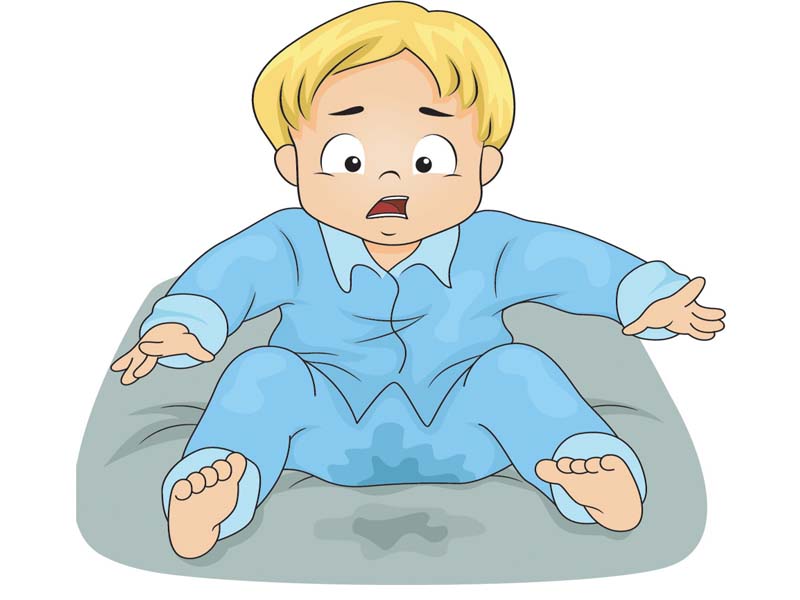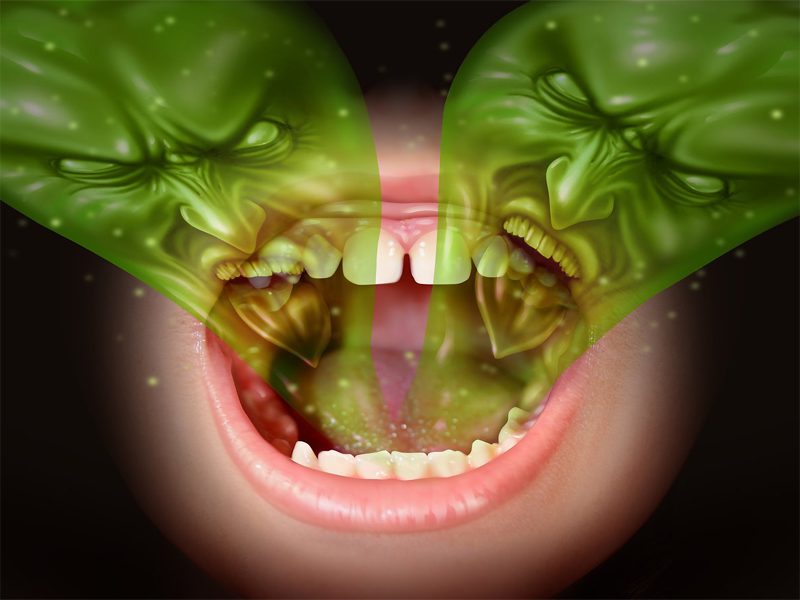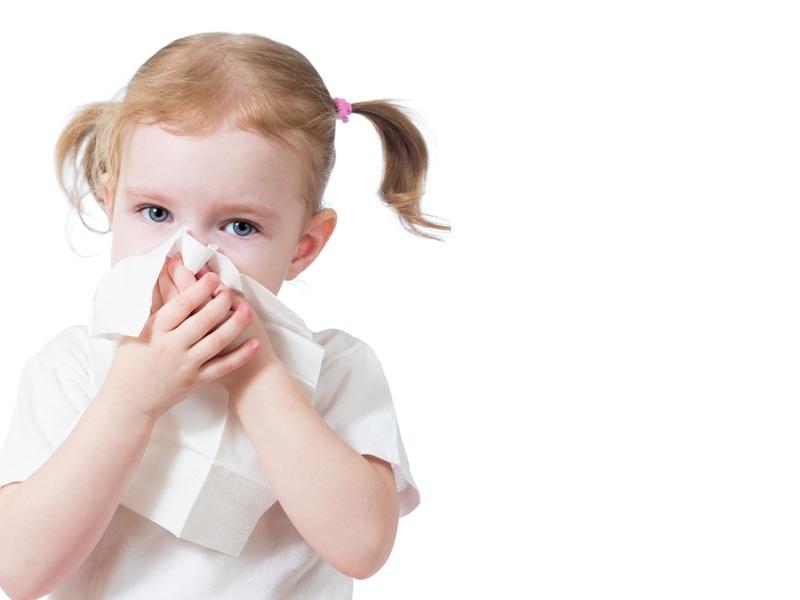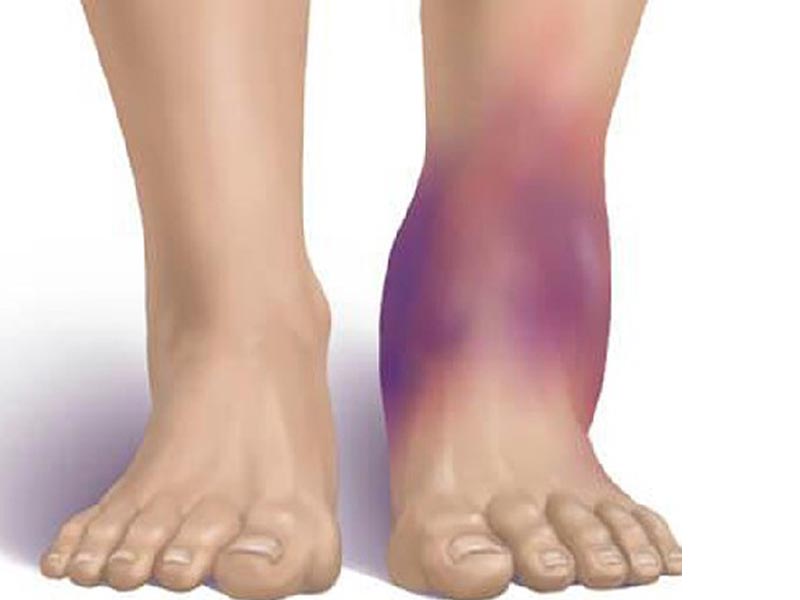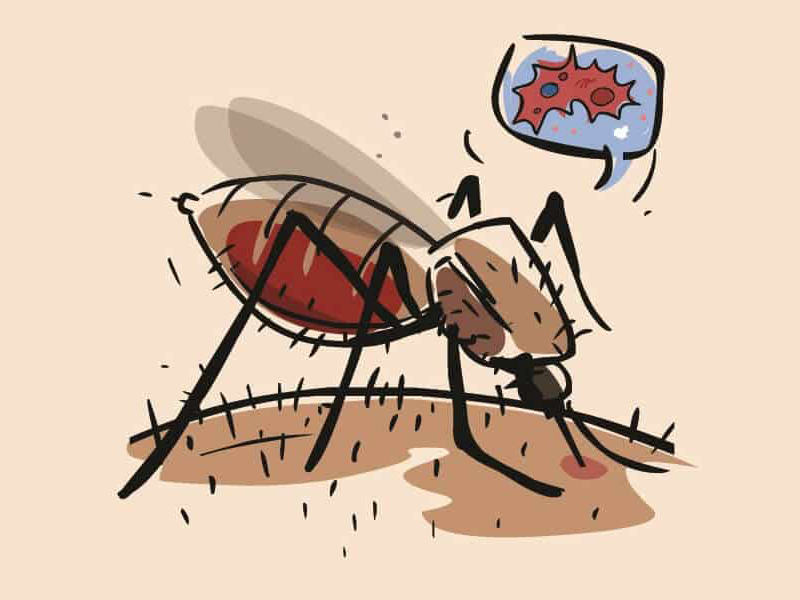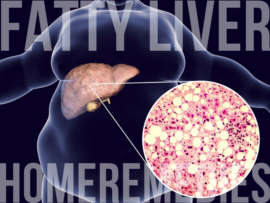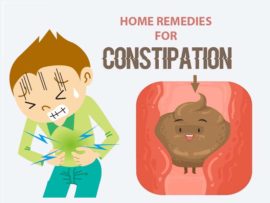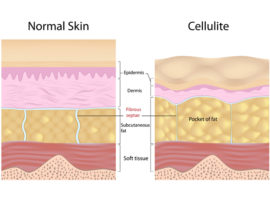Diarrhea is an ailment where the person will have at least 3-4 water, liquid, or loose bowel movements every day. We also refer it to as loose motions. As per the Bristol Stool Chart, type 6 and type 7 stools are considered to be mild and severe diarrhea, respectively. Usually, this diarrhea lasts for some hours to even days and months. If the loose motions occur 2-5 times a day, then it is mild diarrhea, and if it is 6-9 per day, then it is moderate diarrhea, and if the motions are more than 10 per day, then it is severe diarrhea. Home remedies for diarrhea can be treated quickly and effectively.
TOC:
- Types of Diarrhea
- Causes of Diarrhea
- Symptoms of Diarrhea
- 15 Home Remedies for Reducing Diarrhea
- Healthy Lifestyle to Prevent Diarrhea
- Foods to Eat and Avoid During Diarrhea
- When to See a Doctor?
- FAQ
Types of Diarrhea:
Diarrhea can be classified into two types.
1. Acute Diarrhea:
This is also termed short-term diarrhea that lasts for 1-2 days, and the leading cause would be viral infection.
2. Chronic Diarrhea:
This is long-term diarrhea that lasts for more than 30 days, and the leading cause would be a symptom of a medical problem such as irritable bowel syndrome or celiac disease.
Causes of Diarrhea:
Diarrhea is caused due to various reasons. They are:
- Viral Infection: Viral infections are the main reason for diarrhea. In adults, the most common cause of viral diarrhea is due to Norovirus, and in children, it is caused by rotavirus.
- Bacteria: Eating contaminated food with bacteria can cause food poisoning, and this is the main reason for diarrhea.
- Parasites: Parasital diarrhea is caused due to drinking water from contaminated vessels or having a bath in the lakes of contaminated areas.
- Food Intolerance: The consumption of a particular food may cause digestive problems in some people, which may result in diarrhea. Some individuals have digestive issues in consuming dairy products, sweeteners, or sugary products resulting in diarrhea. This is termed as food intolerance.
- Medications: Side effects due to some medications can cause diarrhea.
- Surgery: Diarrhea may occur as a side effect of surgical procedures.
- Other reasons: Other reasons may be due to excessive consumption of sugar or caffeine, stress, and anxiety, use of laxatives, and chemotherapy.
Symptoms of Diarrhea:
The symptoms of diarrhea are different in different persons, but the common symptoms are
- Frequent Bowel movements
- Abdominal Cramps
- Water or loose motions and urgent need to pass the stool.
- Vomiting and Nausea (because of stomach upset)
- Stomach pain
- Sometimes you may also get a fever
- Bloating of stomach
- With the continuous passage of stools, you may sometimes encounter blood from your stool.
- During diarrhea, because of the frequent passage of stool, the fluids are lost from the body, causing dehydration.
- Lack of appetite, because whatever you eat will get passed through stool in no time.
Additionally, in babies the common symptoms are:
- Frequent crying without tears
- Sunken soft spot on the forehead
- Weight loss
15 Home Remedies for Reducing Diarrhea:
Below are some of the home remedies that can help in reducing diarrhea.
1. Re-hydration:
Hydrating the body during diarrhea is one of the essential things to do. Because of frequent watery stools, the body loses vital fluids, nutrients, and electrolytes such as chloride and sodium which may cause fatigue. Hence drink plenty of water and pot for ‘Oral Rehydration Solution (ORS),’ which is available in pharmacies. This ORS can also be prepared at home with sugar and salt. Drinking water with sugar and salt helps the intestines to absorb fluids more effectively the best natural remedy for diarrhea.
Ingredients:
- One litre of water, six teaspoons of sugar, and half a teaspoon of salt.
Procedure and Dosage:
- Take a bowl and pour 1 litre of drinking water in it. Add six teaspoons of sugar and half a teaspoon of salt in it and mix it properly.
How Often to Do This:
- Drink this solution every 2-3 hours to regenerate the lost fluids in the body.
Caution: Add sugar and salt, as stated above. If added in excess, you may face other complications.
2. Green Banana:
studies said that eating a green, unripe banana during diarrhea has shown positive results and is often described as an ideal food. These bananas are rich in fibre, potassium, complex carbohydrates, and Vitamin C and B6. The pectin fibre in bananas helps absorb excess water in the intestines and firms up the stool, and oligofructose helps in nourishing the good gut bacteria that aid in nutrient absorption. This pectin also stimulates the production of mucus in the colon and small bowel and acts as a barrier for the stools to drop. One of the Indian remedies for diarrhea
Ingredients:
- One and a half raw bananas, half a cup rice.
Procedure and Dosage:
- Boil the unripe bananas with the skin in water for about 7 to 10 minutes.
- Remove the skin mash them and add a pinch of salt and oil.
- Eat this mashed banana with soft cooked rice.
How Often to Do This:
- Eat 200 grams of cooked bananas per day to experience the desired result.
Caution: Make sure that the bananas are fresh and free from any bacteria. Cook the bananas properly.
3. BRAT Diet:
BART means Banana, Rice, Apple Sauce, Toast. It is said that these are bland, gentle, and easy-to-digest foods for the intestines and can reduce the symptoms of stomach illness and diarrhea. These foods are rich in starch and low in fiber which may help produce solid stools. Banana with rice is the right combination for reducing diarrhea when included with applesauce and toast; they can suffice diarrhea. However, some doctors do not suggest the BRAT diet because the nutritional profile is limited in this diet.
Ingredients:
- Half a cup of cooked rice, green bananas, applesauce, and toast.
Procedure and Dosage:
- Boil the unripe bananas with the skin in water for about 7 to 10 minutes, then remove the skin mash them and add a pinch of salt and oil. Eat this mashed banana with soft cooked rice.
- Make a bread toast and spread applesauce on it and consume it in between the banana and rice meal.
How Often to Do This:
- Eat 200 grams of cooked bananas with soft rice and 3-4 bread toasts per day.
Caution: Eating only the BRAT diet the whole day can result in nutrient imbalance, hence drinking sufficient electrolytes to balance the nutrients in the body.
4. Probiotics:
Not all bacteria are harmful. Some bacteria help in treating some stomach ailments. They are called probiotics. These friendly bacteria live in the intestine and help you indigestion. Due to diarrhea, many of these good bacteria are flushed out from the intestines, and probiotics help in getting them back, thus maintaining the gut environment. Probiotics are usually found in yogurt and also come in the form of some supplements. Consuming probiotics is generally safe and has no side effects. Hence most of the doctors recommend taking Probiotics as the home remedies to stop diarrhea.
Ingredients:
- Yogurt or Probiotic supplements.
Procedure and Dosage:
- There is no specific procedure for preparing this. Eat one small bowl of fresh yoghurt in a day.
How Often to Do This:
- Take one probiotic supplement per day or one small bowl of fresh yoghurt per day.
Caution: Too many probiotic supplements are harmful to the digestive system. Hence intake moderate quantities.
5. Peppermint Oils:
Recent studies have shown that using Peppermint oil for patients suffering from diarrhea or Irritaional Bowel Syndrome (IBS) has reduced the frequent watery stools. Peppermint oil is a volatile oil consisting of menthol-based cyclic monoterpene that is anti-spasmodic. This oil is also considered antioxidant, antimicrobial, anti-inflammatory, and immunomodulating which are relevant to treat diarrhea (1). This oil also increases the production of digestive fluids while increasing circulation. For diarrhea, peppermint can be consumed as an oil or as a tea.
Ingredients:
- Peppermint oil capsules (enteric-coated capsules) or peppermint based tea leaves.
Procedure and Dosage:
- Take one cup of boiling water and add one tablespoon of dried peppermint leaves and leave for 10 minutes. After it gets cooled, strain the tea and drink it.
How Often to Do This:
- If you intend to take the enteric-coated capsules, take 1-2 capsules per day.
- If you are interested in drinking tea, have 5 cups of tea between meals per day.
Caution: Peppermint oil or tea is not recommended for children, babies, or pregnant women.
6. Psyllium Husk:
Psyllium husk is considered one of the best remedies to relieve loose motions instantly. Psyllium husk relieves the symptoms of diarrhea and IBS by absorbing extra water in the intestines and slowing down digestion. This Psyllium husk is a soluble fibre that adds bulk to your stool by attracting water and turning it into a gel during digestion. Psyllium can be consumed in the form of capsules or by mixing the husk in water. (2)
Ingredients:
- Half a teaspoon of psyllium husk, and one glass of water.
Procedure and Dosage:
- Add half a teaspoon of psyllium husk in one glass of water, mix it properly and drink it.
How Often to Do This:
- If you intend to take the psyllium-based capsules, take 1-2 capsules per day.
- If you are interested in drinking a psyllium mixture, have 3 cups of psyllium water per day.
Caution: Psyllium is not recommended for children. Adults should only consume this after consulting with the doctor.
7. Lemon Grass:
Lemongrass is a tropical, grassy plant considered as one of the home remedies to stop diarrhea. The antibacterial properties of lemongrass help in relief from loose motions. The lemongrass can be consumed by using it in cooking foods or drinking it as a tea.
Ingredients:
- Three teaspoons of Lemongrass, one glass of boiling water.
Procedure and Dosage:
- Add three teaspoons of lemongrass in one glass of boiling water, mix it properly, and drink it.
- You may also add some ice cubes to drink it as iced lemongrass tea.
How Often to Do This:
- To limit the risk of any side effects, drink only one cup of this tea per day.
Caution: This tea is not recommended for children, make sure you pick fresh lemongrass from the market.
8. Jeera:
Some studies have shown that drinking cumin or jeera water may give you relief from diarrhea. Cumin, when researched, showed antibacterial, anti-diarrheal, and anti-dysenteric properties. The phytochemical screening of this cumin revealed the presence of tannins, alkaloids, glycosides, terpenes, and flavonoids that are responsible for reducing diarrhea. Quick remedies for diarrhea this cumin is consumed by mixing the jeera powder in water. (3)
Ingredients:
- One teaspoon of jeera powder and one glass of boiling water.
Procedure and Dosage:
- Add one spoon of cumin powder to a glass of boiling water, mix it properly, and leave for 10 minutes.
- After the drink gets cooled, strain it and enjoy the drink.
How Often to Do This:
- It is advisable to drink only one glass of this mixture per day.
Caution: Consume this drink only after consulting your doctor.
9. Coconut Water:
Coconut milk and coconut water are excellent sources of calcium, iron, magnesium, and manganese that have the same electrolytic balance as your blood. Coconut water is rich in sodium and potassium, and hence it is considered the perfect electrolyte for the body during diarrhea. Excessive intake of these fluids can replenish the body fluids and may help in reducing diarrhea. It is said to drink coconut water within an hour after an episode of diarrhea work as a natural remedy to stop diarrhea instantly.
Ingredients:
- Coconut water, or grated coconut and drinking water.
Procedure and Dosage:
- There is no specific procedure for coconut water. Just purchase a coconut and drink the water from it.
- To make coconut milk, add water to the grated coconut and mix it properly.
How Often to Do This:
- Drink 2-3 glasses of coconut water per day.
Caution: Do not drink too much coconut water, as this may increase blood pressure.
10. Ginger:
The working action of ginger is fantastic in your digestive system. Ginger warms the stomach and acts as a tonic for the smooth digestion. It works by blocking the harmful bacteria that cause loose motions and prevents excess liquids from accumulating in the intestines. Ginger can be consumed in various forms, grates of fresh ginger, or ginger tea. This is also available in capsules, powder, and as a tincture.
Ingredients:
- Freshly grated ginger, a cup of boiling water
Procedure and Dosage:
- Add a few tablespoons of freshly grated ginger to a cup of boiling water. Leave it for a few minutes.
- You can add a teaspoon of honey and lemon for a good taste.
- Alternatively, you can use ginger powder or ginger tea bag in boiling water
How Often to Do This:
- It is recommended to drink only one cup of this tea per day.
Caution: Make sure you don’t take 4 grams of ginger per day.
Healthy Lifestyle to Prevent Diarrhea:
Most cases of diarrhea are spread from person-to-person and drinking contaminated water. Some of the precautions can help you prevent diarrhea.
1. Wash Hands:
Adults and children should be instructed to wash their hands very often, especially after using the washroom to remove any bacteria or virus on the hands.
2. Drink Plenty of Water:
It is advised to drink plenty of water and stay dehydrated all the time. If there is any bacterial infection in the intestines, this gets flushed out from the body.
3. Food Hygiene:
The foods should be cooked properly to a recommended temperature. Raw fruits and vegetables should be washed properly before consuming them. As far as possible, avoid raw meat and poultry. The utensils used for cooking and storing should be washed thoroughly with soap and water.
4. Milk Products:
Avoid using unpasteurized milk products, as these may contain bacteria that disturb the intestines. Do not consume milk before heating.
5. Other Precautions:
Follow certain precautions when travelling, especially to foreign places. Avoid eating street foods and avoid drinking local tap water.
Foods to Eat and Avoid During Diarrhea:
During diarrhea, all foods do not work well with the patient. Certain foods can be eaten and should be avoided to cope up with diarrhea.
Foods to Eat:
- As mentioned earlier BRAT diet is the best possible food to eat during diarrhea. This includes bananas, rice, applesauce, and toast.
- Light oatmeal can be eaten since it is a fibrous food.
- Boiled and baked potatoes with the skin peeled should be eaten.
- Healthy soups such as chicken soup can be consumed.
Foods to Avoid:
- High-fat foods should be avoided.
- Alcohol and smoking should be stopped.
- Certain vegetables like cabbage, cauliflower, leafy vegetables, broccoli, beans, prunes, and peas should be avoided.
- Coffee and tea should be restricted.
- Artificial sweeteners and carbonated drinks should be avoided.
When to See a Doctor?:
In most cases, diarrhea can be treated with some home remedies without consulting a doctor. But, if you suffer from chronic diarrhea, i.e., passing of stools more than 10 times and if you suffer from diarrhea for two continuous days, then it is recommended to visit a doctor to avoid further complications. Also, if you experience diarrhea during sleep and stool incontinence, severe abdominal pain with fever, blood, and pus in the stool, consult a doctor immediately.
Diarrhea or loose motions can occur in any individual if proper hygiene is not followed. Diarrhea may be acute or chronic, and in most cases, this can be cured with some natural home remedies. The above-mentioned remedies will help in reducing diarrhea. Along with these remedies, make sure you stay hydrated at all times to prevent the loss of electrolytes from the body. Make sure to consult your doctor if diarrhea persists for more than two days.
Disclaimer: This information published in the above article is solely for educational purposes only and should not be construed as a piece of medical advice. Consult your doctor well in advance before trying these remedies. We will not be responsible for any unforeseen incidents that happen to you by trying out these remedies.
Frequently Asked Questions:
1. How Long Can Diarrhea Last For?
Ans: Acute diarrhea can last from 1 day to 2 weeks. This type of diarrhea is usually cured with home remedies and is mild. Chronic diarrhea may last for a month or more. Make sure you consult a doctor, as it indicates an underlying medical condition.
2. Is Diarrhea Contagious?
Ans. Some forms of diarrhea are contagious, the ones which are caused by highly contagious viruses like rotavirus or bacteria such as Salmonella.
3. Should A Pregnant Woman Follow Home Remedies If Suffering From Diarrhea?
Ans. A pregnant woman should consume lots of fluids to rehydrate and replace the electrolytes her body has lost. However, consult your physician immediately before using any other home remedy or if you have severe diarrhea.


